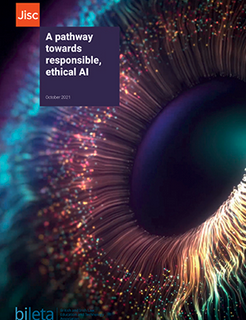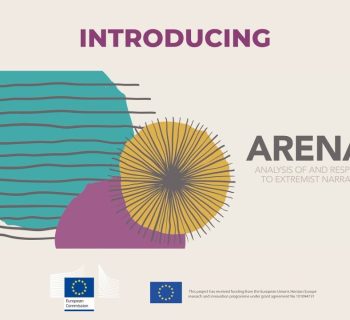 I get a lot of notifications about various journal publications. Most are not particularly interesting and in reality, are what might be called academic spam. But I was interested recently to get an email telling me of the publication of a a new edition of the Journal of Peer Production. The Journal says their focus is on
I get a lot of notifications about various journal publications. Most are not particularly interesting and in reality, are what might be called academic spam. But I was interested recently to get an email telling me of the publication of a a new edition of the Journal of Peer Production. The Journal says their focus is on
peer production as a mode of commons-based and oriented production in which participation is voluntary and predicated on the self-selection of tasks. Notable examples are the collaborative development of Free Software projects and of the Wikipedia online encyclopedia.
Through the analysis of the forms, operations, and contradictions of peer producing communities in contemporary capitalist society, the journal aims to open up new perspectives on the implications of peer production for social change.
The latest addition of the journal showcases a wide variety of case studies in cities from different geographies of the Global North and Global South namely Barcelona, Berlin, Brisbane, Brussels, Ciudad Juárez, Dhaka, Genoa, London, Melbourne, Milan, New York, Paris, Rosario.
But what particularly interested me was the jounal’s review procedure:
There are eight case study research papers which have been peer-reviewed and revised through the particularly transparent review process of JoPP (i.e. for each of the peer-reviewed papers the originally submitted version, the reviews and the final feedback of reviewers on the revised version are made public) and four experimental contributions that have been reviewed by the special issue editors. The experimental pieces follow a less rigorous and more playful format, an interview with commentary, a dialogue, a call for participation, and an open-ended online article. They all invite us, the readers, to follow up their stories in dedicated online venues, or even in face-to-face meetings, and participate in the form of peer production that they advocate for.
I am not sure about the “less rigorous and more playful” format (and am not sure that this is a necessary trade off). But for some time now, I have been arguing in favour of a more open (and transparent) review procedure. Personally, I would welcome the opportunity for more dialogue around reviews I have written. I think this could be implemented without abandoning the process of blind reviews. And making reviews open would also provide valuable learning materials for reviewers. Sometimes I really doubt my own judgement when undertaking reviews. Just seeing the reviews in the Journal of Peer Production have made me more confident about the quality of feedback I provide for authors.








